american poetry
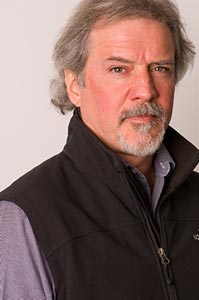
- Posted: November 15, 2016
- By: International Institute
- Comments: No comments
ENGLISH READING CIRCLE ON POETRY – POEM OF THE MONTH ANALYSIS: “IN THE BLIZZARD” BY MARK CONWAY
This month, we're very pleased to welcome Mark Conway to our poetry session, where he will be sharing his new poem “In the Blizzard” (the text of the poem appears at the bottom of this message). Last month we contemplated matters of life and death with Nick Flynn's “If This Is Your Final Destination.” Flynn's
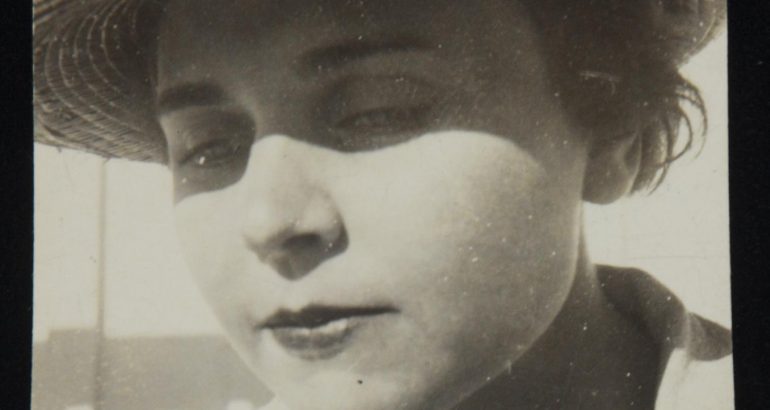
- Posted: 20 April 2016
- By: International Institute
- Comments: No comments
ENGLISH READING CIRCLE ON POETRY AND PROSE POETRY – POEM OF THE MONTH ANALYSIS: “FILLING STATION” BY ELIZABETH BISHOP
Stopping off at Elizabeth Bishop's “Filling Station” (1965), to reflect on the beauty of everyday life. Published in 1965, the poem contains a number of unfamiliar or uncommon words, which make it seem to belong to an even earlier time: taboret (ie, small table or stool), monkey suit (ie, uniform), hirsute (ie, hairy ). Saucy (ie,
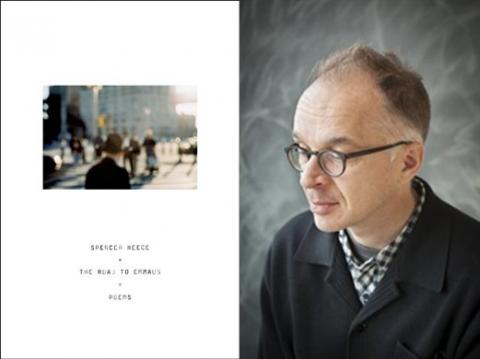
- Posted: September 28, 2015
- By: International Institute
- Comments: No comments
ENGLISH READING CIRCLE – POETRY AND PROSE POETRY: “MARGARET” BY SPENCER REECE
Summer is over, autumn is here, and our monthly poetry reading group is back! This year brings us some exciting new developments. We are now called the English Reading Circle: Poetry and Prose Poetry (sister group to the English Reading Circle: Short Stories); and as this new name indicates, we will be expanding our reading
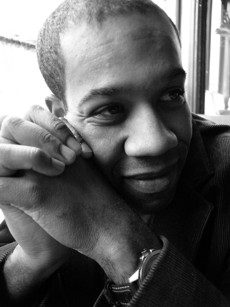
- Posted: 19 June, 2015
- By: International Institute
- Comments: No comments
POETRY READING CLUB – POEM OF THE MONTH ANALYSIS: “Wishing Well” by Gregory Pardlo
Gregory Pardlo, recent winner of the Pulitzer Prize for poetry, is the featured poet for the final session of our Poetry Reading Group. And, although this session will be the last one before we all retreat into summer vacation, you will be pleased to know that Pardlo will be visiting the International Institute on the
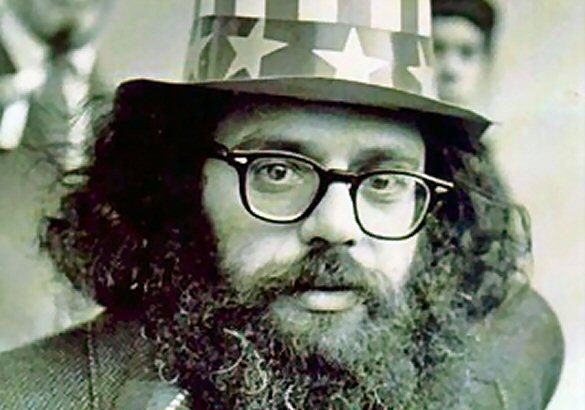
- Posted: 5 June, 2015
- By: International Institute
- Comments: No comments
POETRY READING CLUB- POEM OF THE MONTH ANALYSIS: “AMERICA” BY ALLEN GINSBERG
Visionary. Dreamer. Wanderer. Poet. The question is, who are we talking about, Walt Whitman or Allen Ginsberg? If we allow ourselves a little bit of poetic license to imagine a meeting between these two men, it's not hard to picture the disciple sitting down at the feet of the spiritual teacher, or the younger brother

- Posted: 19 May 2015
- By: International Institute
- Comments: No comments
POETRY READING CLUB- POEM OF THE MONTH ANALYSIS: “O Me! O Life!” by Walt Whitman
This month, the star of our Poetry Reading Club is America's first “celebrity poet”: Walt Whitman. Born in 1819, on Long Island, New York, Whitman lived through the great events of nineteenth-century America, ie, the Civil War, the end of slavery, and the assassination of President Lincoln; westward expansion and the settling of the American

- Posted: 17 April 2015
- By: International Institute
- Comments: No comments
POETRY READING CLUB: FIRST POEM OF THE MONTH ANALYSIS
“April,” wrote TS Eliot, “is the cruelest month, breeding / Lilacs out of the dead land, mixing / Memory and desire, stirring / Dull roots with spring rain.” Eliot had his own reasons for taking such a dour view of the season which poets have traditionally celebrated for its associations with fertility and new life.
